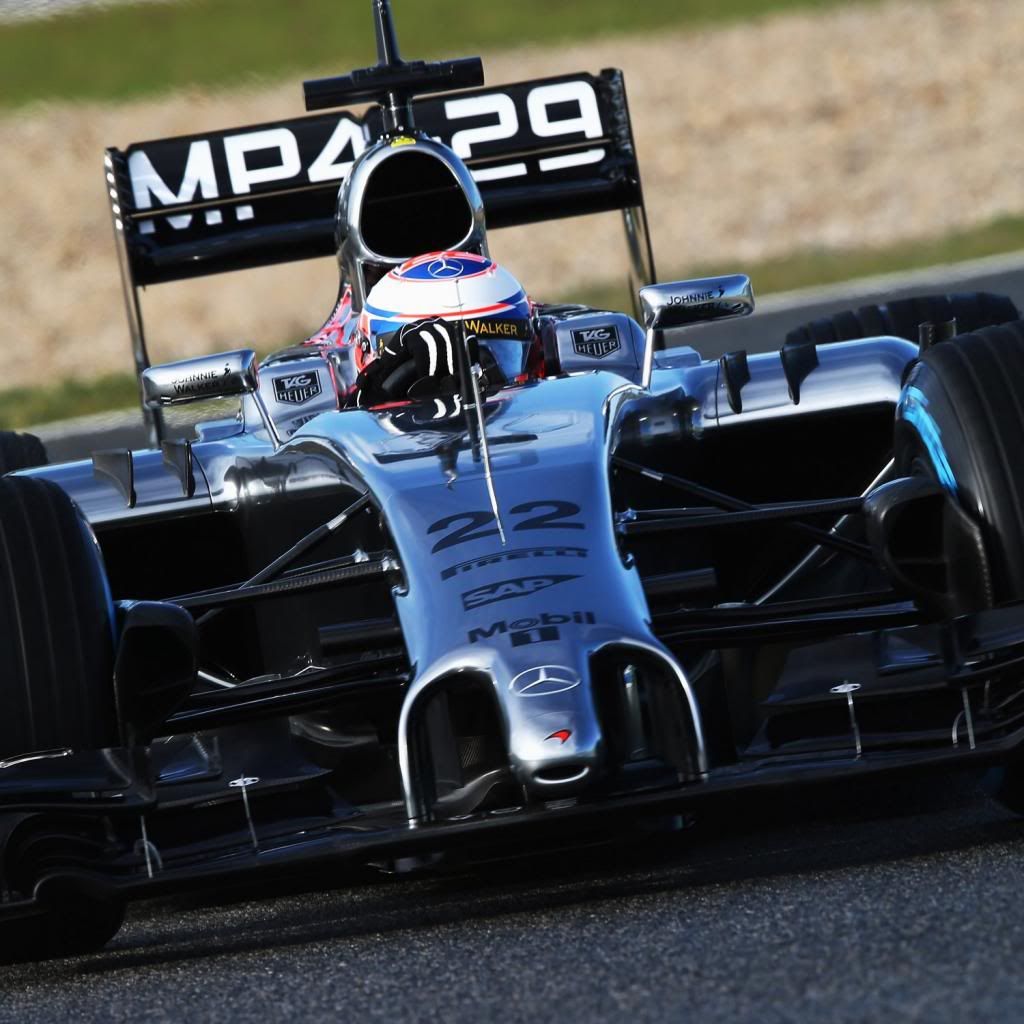turbof1 wrote:2009 was also very different, with the new regs only just have been put into place. In such a situation you can very quickly turn a very weak car around. You absolutely cannot do the same now; the knowledge has been fully developed and the cars have been fully matured. A fundamental mistake is not going to be made; if you happen to be with a 1 second deficit you will not be able to turn that around. There is very little scope of development.
Correct me if I'm wrong, but I would think there's a difference between how much a car can improve over an active season (March - November) than over the winter when the car is still in development. I agree that once the season starts and is on-going, limited resources, limited time as well as the point that you are also concentrating on making the best come every 2nd weekend on a raceweekend. The biggest gains that a team can get out of a car is over the winter testing, then when the car is still largely in development. In other words right now.
Also, you say 'the knowledge has been fully developed' - I would think there are multiple ways on how to extract performance out of a car. Some solutions are built with bigger risks, for potentially bigger gains (some work out, some don't) and others are more straightforward, allowing for more consistant results, but perhaps less potential. So, even if the rules between 2012 and 2013 are largely the same and most teams are using an evolution of their car, it doesn't quite mean that a team is forced to follow the path they've used on their previous car and thus are bound to the normal gains one can expect.
I think it is clear that most of the top teams (sans Ferrari) have build a car for this year that is a clear evolution of the previous one. The gains they make, are perhaps a bit more limited - because they already have a very strong basis and a car that runs quite efficient. Other teams, like Mercedes, have had to turn many things around because they had fundemental flaws. It's no guarantee that all their changes will work, but it allows for a greater potential to gain performance over their relative inefficient 2012 car.
I would be very surprised if Mercedes (and other teams learning from their mistakes) have not gained more over their 2012 car relative to what the top teams have. Will it be enough to narrow the gap completely? Who knows - and I'm sure the new tyres will play a factor in that too (and perhaps distort the image slightly as to the absolute speed of the cars).



